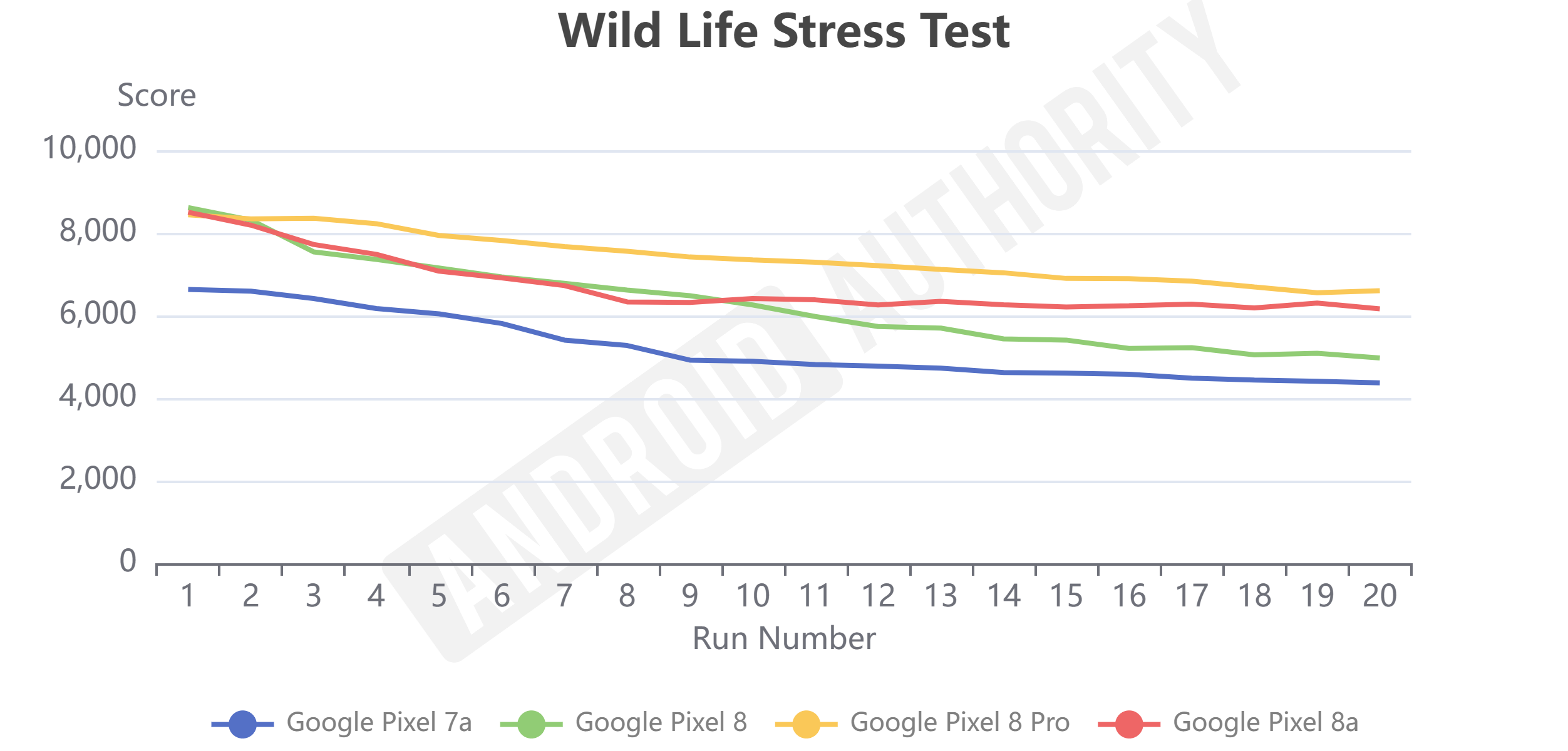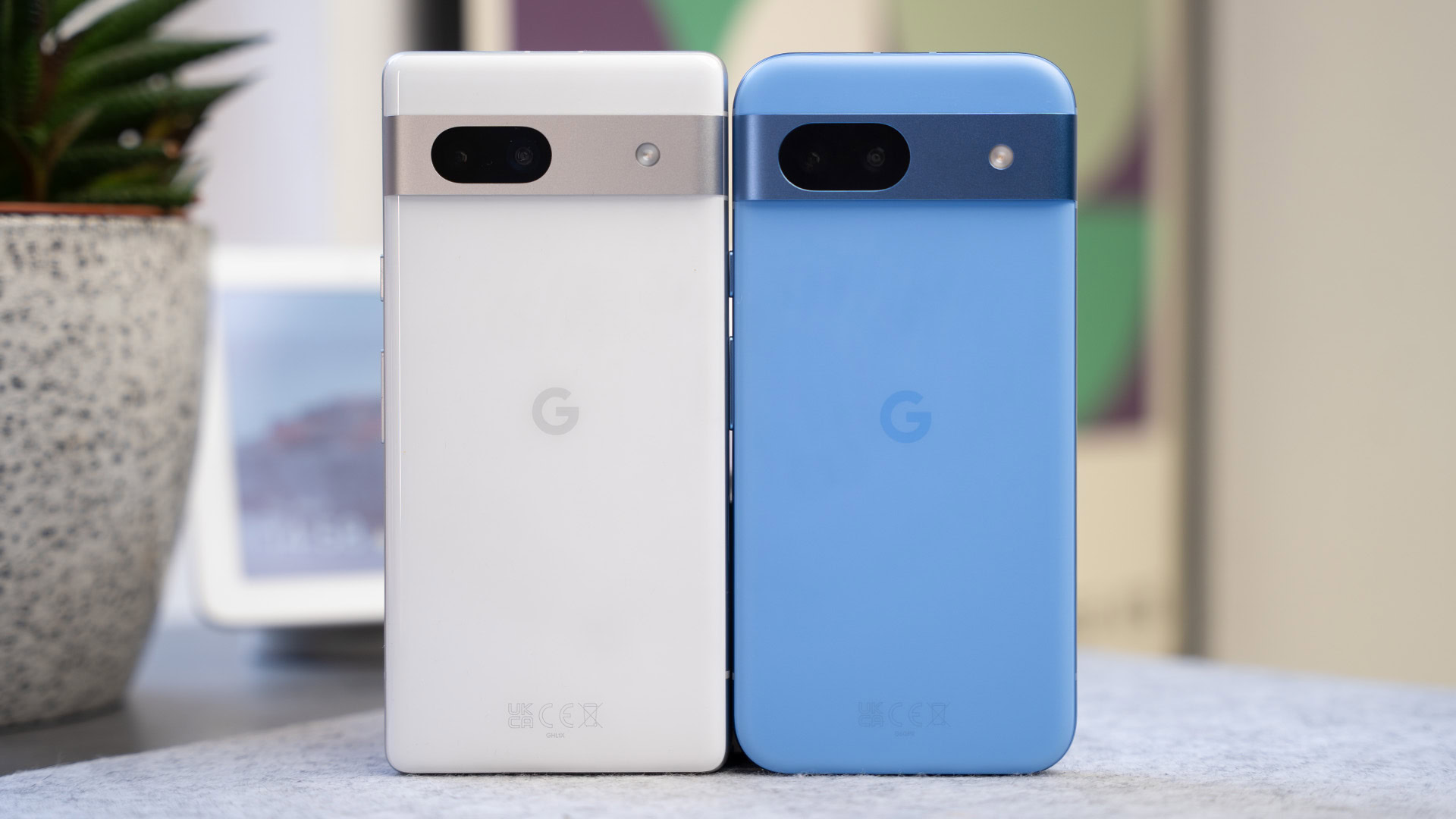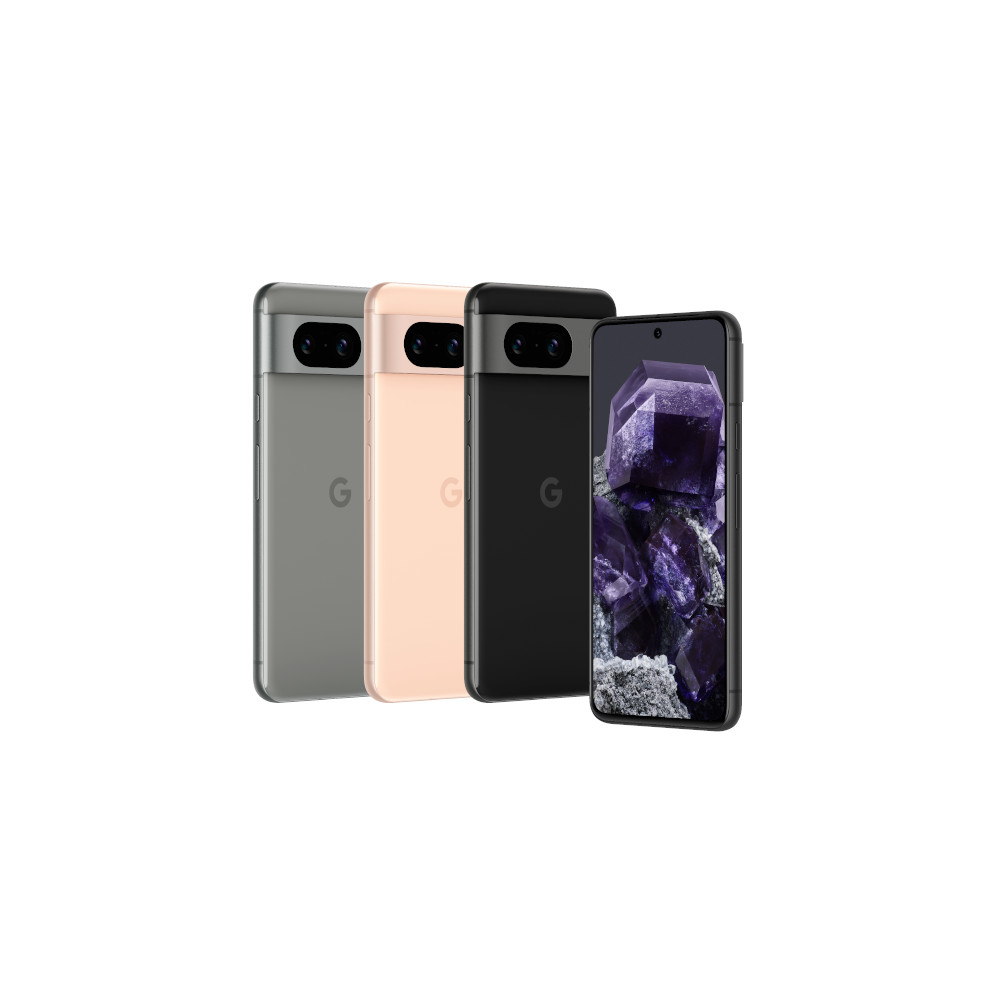Affiliate links on Android Authority may earn us a commission. Learn more.
Is the Pixel 8a's processor as good as the Pixel 8 and 8 Pro?
Published onMay 13, 2024
Among the Pixel 8a’s interesting feature list is the same Google Tensor G3 processor that powers the flagship Pixel 8 and Pixel 8 Pro. While not quite as nippy as the most powerful processors on the market, the G3 is an important part of Google’s AI vision and powerful enough for all the day-to-day tasks we’ve thrown at Google’s latest flagships.
However, historically, the A series hasn’t performed quite as well as the flagship series despite using the same chip. Likewise, the slightly more affordable Pixel 8 seems to perform ever so slightly worse than the top-of-the-line Pixel 8 Pro. At least, as far as you can see in benchmarks, there doesn’t feel like a lot between the two in hand.
So, what does this all mean for the Pixel 8a? Are you really getting flagship-tier performance at a mid-range price point? We ran some tests to find out.
Pixel 8a vs Pixel 8 benchmarks
Starting with a look at CPU performance and typical workloads, the Pixel 8a is not quite as good as the Pixel 8 and 8 Pro, but not far off. GeekBench 6’s single-core score is the same as the Pixel 8 but doesn’t quite match the 8 Pro, while multi-core scores are about 5% slower than the regular 8 and 9% slower than the 8 Pro. In both instances, the Pixel 8a provides a notable upgrade over the Pixel 7a’s Tensor G2 processor, scoring 19% faster in multi-core workloads.
Our PCMark result is a little lower than the other Pixels we tested, but not worryingly so. The Pixel 8a scores single-digit percentage points below the 7a and is clearly a fair bit lower than the 8 Pro. However, the result is pretty much in line with the regular Pixel 8, so it should still provide adequate performance across a range of tasks. The lower score compared to the 7a might be due to different battery/performance optimizations for the workloads PCMark runs since Google moved to the G3. We’ll have to spend more time with the device to see if this bears out in day-to-day tasks.

Turning to graphics, the Tensor G3 inside the Pixel 8a performs as well as in the 8 and 8 Pro, at least for short runs. The Pixel 8a doesn’t keep pace with the Pixel 8 Pro when put under prolonged stress, but it follows a similar throttling trajectory as the regular Pixel 8 and even manages to hold up a fair bit better come the end of the 20-run test.
Again, the newer GPU inside the G3 outpaces the older G2. There’s a 28% performance gain over the Pixel 7a, making the Pixel 8a a far more potent mid-range smartphone for casual and higher-end gamers. Overall, this is a decent showing of the phone’s graphics capabilities, even if Tensor G3 remains well off the pace of the fastest mobile processors at the high end of the market.
A big upgrade on the Pixel 7a

With 10-20% gains in the CPU department and around 30% gains in graphics and gaming, the Pixel 8a offers a fair bit more performance than its predecessor. The Pixel 7a certainly wasn’t a bad mid-range performer, but the Pixel 8a brings a lot more power to the table for a very reasonable $500. Especially when you consider the phone’s AI features on top of regular performance metrics.
The Pixel 8a delivers virtually identical performance to the Pixel 8 and isn't far off the 8 Pro.
But perhaps best of all, the Tensor G3 implementation inside the Pixel 8a compares very well against the more expensive Pixel 8 series entries. While not quite matching the twice-as-expensive Pixel 8 Pro, performance is comparable to the regular Pixel 8, which is a reliable performer for daily workloads and more. The bottom line is that you needn’t worry about performance with the Pixel 8a; its Tensor G3 delivers.

Tons of Tensor G3-powered features
Pixel-pedigree cameras

Fun, exclusive Android 14 customizations
Industry-leading update promise
